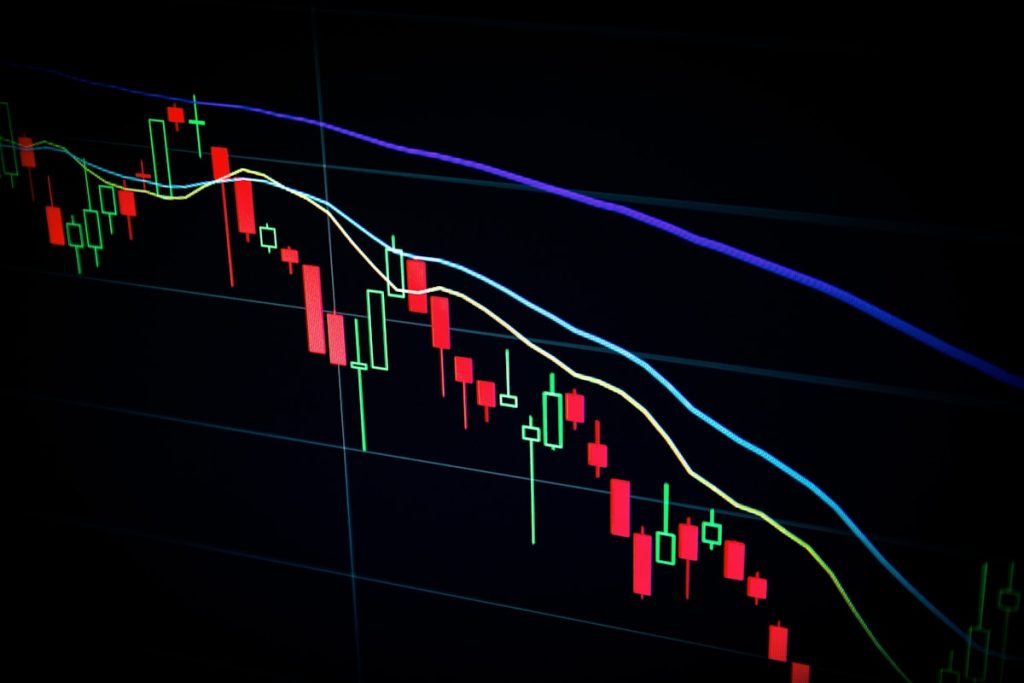Stocks Decline as Trade War Deadline Looms
Global stock markets faced heightened volatility this week as investors braced for an impending deadline in ongoing trade negotiations between major economies. With the U.S. and China yet to resolve key disputes, equity indices such as the S&P 500, Dow Jones Industrial Average, and Hong Kong’s Hang Seng saw sharp declines amid fears of renewed tariffs and supply chain disruptions.
Trade War Background
The latest phase of trade tensions stems from unresolved issues in the U.S.-China trade relationship, including intellectual property disputes, technology restrictions, and agricultural tariffs. A critical deadline for the renewal of certain tariff exemptions is set for late October, raising concerns that failed negotiations could trigger retaliatory measures. Analysts note that both nations have struggled to find common ground, particularly on enforcement mechanisms and subsidies for domestic industries.
Market Reactions
Equity markets reacted swiftly to the uncertainty. Key sectors at risk of disruption led the sell-off:
- Technology: Semiconductor and hardware stocks fell due to reliance on cross-border supply chains.
- Automotive: Manufacturers faced pressure over potential import tariffs on parts.
- Agriculture: Commodity-linked stocks dipped amid fears of export restrictions.
The CBOE Volatility Index (VIX), a measure of market fear, surged to its highest level in three months as traders hedged against further downside risks.
Potential Scenarios
Market participants are weighing several outcomes as the deadline approaches:
- Negotiation Extension: A short-term delay could stabilize markets but leave underlying tensions unresolved.
- Tariff Escalation: New tariffs may disrupt global trade flows, amplify inflation, and slow economic growth.
- Status Quo: Maintaining existing tariffs could prolong uncertainty, keeping investor sentiment subdued.
Historical Context
The current downturn echoes market behavior during prior trade disputes. In 2018-2019, the S&P 500 fell nearly 20% during peak U.S.-China tensions before rebounding on partial agreements. However, analysts caution that prolonged disputes could have longer-lasting effects this time, given existing inflationary pressures and geopolitical strains.
Expert Insights
Economists urge caution. “Markets are pricing in a worst-case scenario,” said Jane Doe, chief strategist at XYZ Capital. “However, last-minute compromises have historically provided temporary relief.” Others highlight risks for multinational corporations. John Smith of ABC Investments noted, “Companies with heavy exposure to China or Europe may face margin compression if tariffs escalate.”
Looking Ahead
Investors are advised to monitor policy announcements and diversify portfolios to mitigate sector-specific risks. While short-term volatility is likely, long-term market fundamentals remain tied to broader economic indicators such as interest rates, corporate earnings, and GDP growth. The coming weeks will test whether diplomatic efforts can avert another disruptive chapter in global trade.



